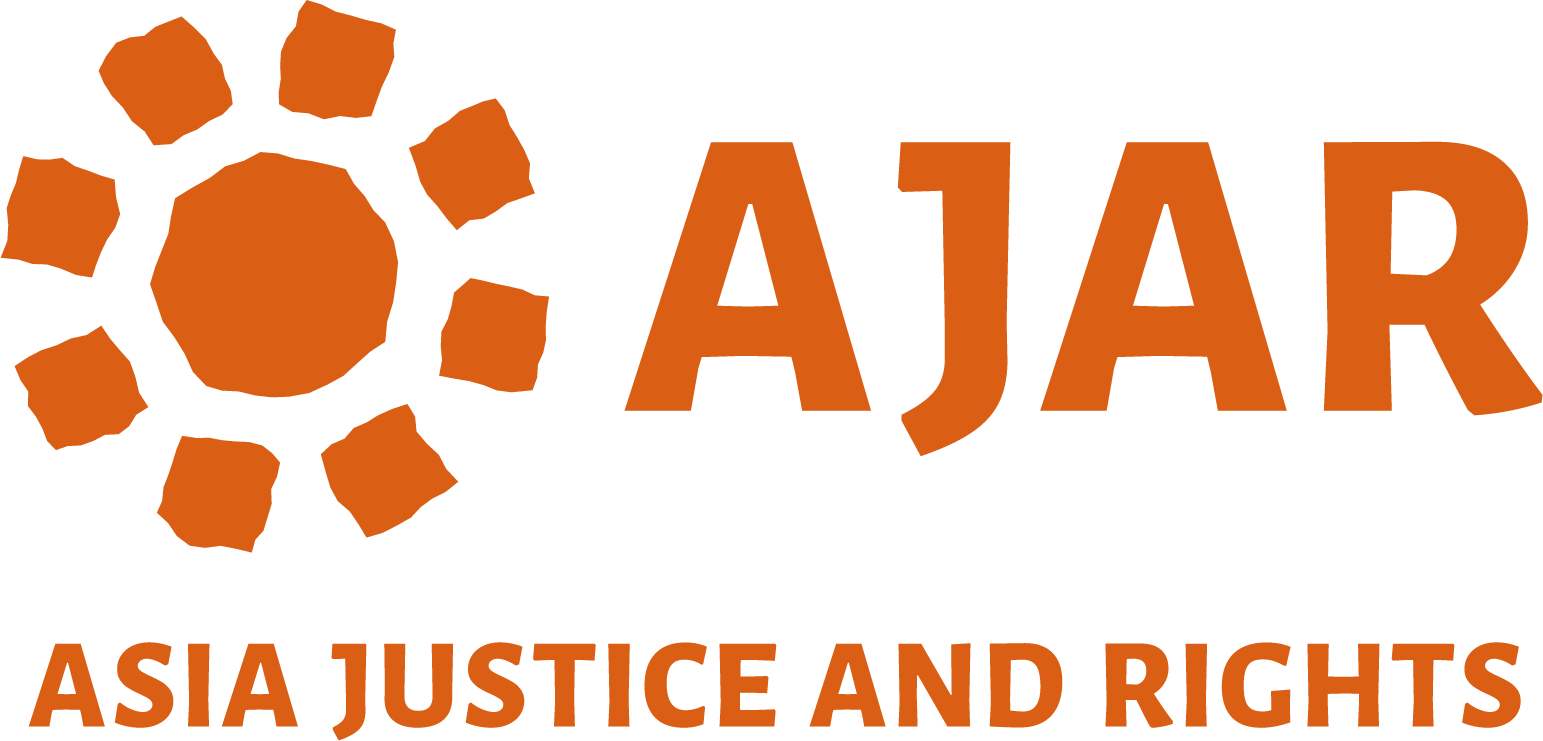Individual criminal responsibility:
International criminal law allows for individuals to be held criminally responsible not only for committing genocide, crimes against humanity, and war crimes, but also for attempting, facilitating, or aiding and abetting the commission of such crimes.
Individuals may also be held criminally responsible for planning and instigating the commission of such crimes.
Article 25 of the ICC Statute now regulates individual criminal responsibility in detail. Article 25(1) provides that the Court shall have jurisdiction over natural persons, not over states or organizations. Paragraph 2 of Article 25 reiterates the principle of individual criminal responsibility.
Paragraph 3 of the provision distinguishes various modes of individual responsibility.
While Article 25(3)(a) to (d) addresses modes of criminal participation, subparagraphs (e) and (f) deal with incitement to genocide and with attempt and abandonment; this might be seen as misleading from a structural point of view, because neither incitement to genocide nor attempt can be classified as modes of participation, but should rather be classified as inchoate crimes.
Article 25(4) of the ICC Statute rules that provisions on individual criminal responsibility do not affect the responsibility of states under international criminal law. Section 3(a)^(d) is certainly the core of Article 25. Commission, ordering, instigating and aiding and abetting are confirmed as modes of participation. The same holds true for joint commission, although this form was never explicitly mentioned in former statutes or conventions.
In addition, the ICC Statute also includes the concept of perpetration-by-means and contributions to a group crime. Section 3(a)^(d) affirms existing modes of participation in international criminal law, while cautiously rephrasing and supplementing them. However, the most important difference between prior legal frameworks and Article 25(3) ICC Statute lies not in the redefinition of the scope of individual responsibility but in systematizing modes of participation.
Unlike the statutes of the ad hoc Tribunals, Article 25(3) ICC Statute does not simply enumerate the different modes of participation, but also classifies them. It distinguishes four levels of criminal responsibility: first, the commission of a crime; second, ordering and instigating; third, assistance and fourth, contribution to a group crime. At the same time, the wording of the provision clearly reflects the difference between commission, as liability for the crime as the result of one’s own conduct, and all the other modes of participation, as accessory liability for a crime committed by someone else. For in accordance with the case law of the ad hoc Tribunals, ordering, instigating, assistance and contribution to group crimes all require that the crime itself has in fact been committed, or at least attempted.
[Sources: Gerhard Werle, Individual Criminal Responsibility in Article 25 ICC Statute]
